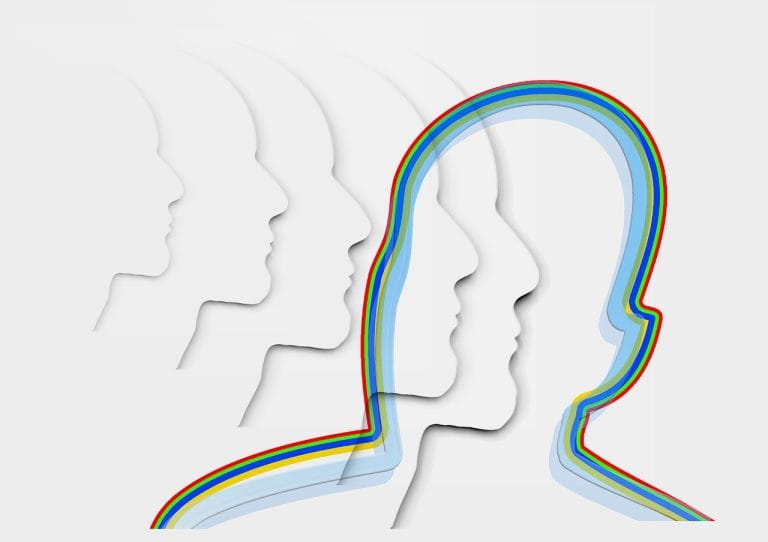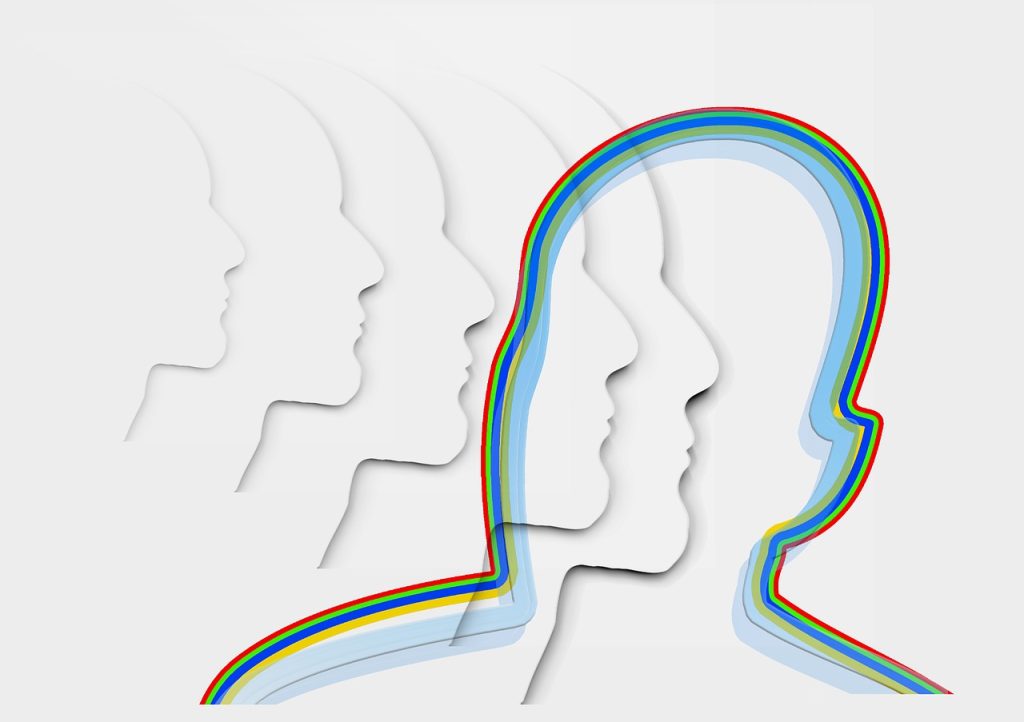Insanity Defense

Psychologists are often asked to assess whether a criminal defendant was “insane” at the time of an alleged crime. Notwithstanding the controversy surrounding the insanity defense, this is a very difficult task. We can never truly know another person’s subjective experience. Criminal responsibility is typically something that comes up months or even years later when the criminal justice system gets around to adjudicating a case. Thus, the defendant’s mental state must be evaluated retroactively. This involves reviewing historical information such as medical records during the relevant time frame, written observations by law enforcement or mental health workers, witness accounts of the offense, and, if available, video and audio recordings of the defendant during or immediately before or after the offense. It is generally better to rely on statements made at the time of the offense than on a witness or the defendant’s memory of what happened months or years later because memory is fallible.
“Insanity” in the legal system is not the same as a psychiatric diagnosis. It has a very specific meaning. In Louisiana it is defined in Title 14 of the Revised Statutes:
“If the circumstances indicate that because of a mental disease or mental defect the offender was incapable of distinguishing between right and wrong with reference to the conduct in question, the offender shall be exempt from criminal responsibility.” (R.S. 14:14).
People, mentally ill or not, usually know if they are behaving in a way that is right or wrong. Sometimes they don’t, such as when they are intoxicated on substances or when they have been deceived or coerced in some manner, but rarely does a mental illness, even a severe one, make a person unaware of the wrongfulness of criminal actions. Note “not knowing” is not the same thing as not remembering. Intoxication and deception/coercion may be relevant to criminal responsibility, however, they are not considered insanity. To be considered insane, the cause of the defendant’s not knowing the wrongfulnes of his/her criminal actions has to be a mental disease or defect.
“Mental disease or defect” is typically equated to an official diagnosis, though the most commonly used diagnostic manual in the United States comes with a disclaimer that it is not meant for legal purposes. It is used anyway, with a caveat that personality disorders are probably not mental diseases. Louisiana law defines what qualifies as:
“Mental deficiency” means significantly subaverage intellectual functioning existing concurrently with deficits in adaptive behavior, as determined by a psychiatrist or psychologist and manifested during the developmental period.
“Mental illness” means a psychiatric disorder which has substantial adverse effects on the parent’s ability to function and which requires care and treatment as determined by a psychiatrist or psychologist. It does not include a person who has, solely, one of the following conditions:
(a) An intellectual disability.
(b) Epilepsy.
(c) Alcoholism.
(d) Drug abuse.
The legal system typically excludes Antisocial Personality Disorder and voluntary substance intoxication or withdrawal. After analyzing all the evidence in a case including police reports, witness statements, video footage and the defendant’s medical records (if he has any, which he should if he was so ill that he was not able to know he was doing wrong), insanity can be ruled out given the above criteria.


